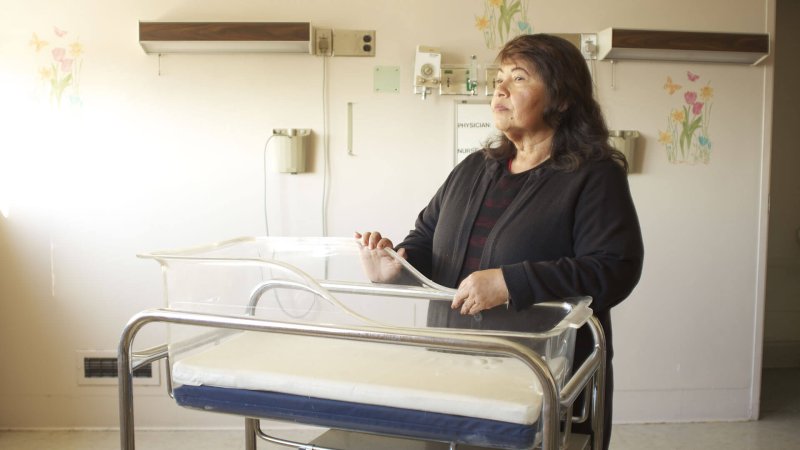The GLP aggregated and excerpted this blog/article to reflect the diversity of news, opinion and analysis.
When Consuelo Hermosillo stands in front of audiences at colleges in Southern California and shares her story of being one of many immigrant women from Mexico coerced into sterilization at Los Angeles County General Hospital in the 1970s, she’s surprised by how quickly she’s transported back to being a scared 23-year-old giving birth to her third and final child.
“I still cry. Maybe I will always cry,” Hermosillo told RH Reality Check. “I tell myself I should get over it, that a lot of time has passed, but it still hurts. I’m surprised it still hurts like this.”
While in labor, before being allowed to see a doctor, Hermosillo was asked by a woman who worked at the hospital to sign papers consenting to sterilization. The woman told Hermosillo that if she didn’t sign the papers, her baby would die. To this day, Hermosillo does not recall signing the papers.
Countless women have come forward with different variations of the same experience at the Los Angeles County General Hospital. In 1975, ten of those women, including Hermosillo, filed Madrigal v. Quilligan, a class action lawsuit against hospital doctors, the state, and the federal government for coercing them into tubal ligation, often while they were under duress. The women eventually lost their case, and despite making front-page news at the time, their experiences have largely been forgotten—until now.
Read full, original post: A Conversation With ‘No Más Bebés’ Filmmakers Virginia Espino and Renee Tajima‐Peña































